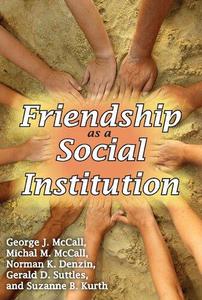 Friendship as a Social Institution By Michal M. McCall (editor), George J. McCall, Norman K. Denzin, Gerald D. Suttles, Suzanne B. Kurth
Friendship as a Social Institution By Michal M. McCall (editor), George J. McCall, Norman K. Denzin, Gerald D. Suttles, Suzanne B. Kurth2010 | 204 Pages | ISBN: 0202363554 | PDF | 20 MB
What is the social organization of love, friendship, rivalry, marriage, admiration, collegiality, parenthood, acquaintance, and clientage? How are these types of relationships similar and how do they differ? Few sociological works exist on relationships between friends, business partners, customers and clerks, mailmen and homeowners, and employers and employees, as social rather than role relationships. This classic book remains of interest because it focuses on voluntary personal relationships relationships that people need not enter, whose content is up to the participants, whose rules are what the participants agree they will be.The authors create an analytic framework within which to describe and compare the enormous range of relationships between two persons. They detail the shape and structure of such relationships, consider their organizational dynamics, their range and the nature of deviance in them, and point out analytical variables and dimensions upon which relationships can be located for comparative purposes. Organizational change in terms of how relationships are formed, developed, and transformed is covered, as is their function and dysfunction for the individual and society.By regarding social relationships consistently from the viewpoint of social organization theory, the book assimilates them to sociological concepts in general, but with an eye to the social psychological and organizational features that render them distinctive as a type. Friendship as a Social Institution sustains the study of friendship by making distinctions and outlining the problems connected with the study of social relationships.
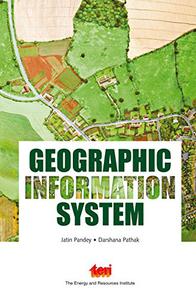


![S.T.A.L.K.E.R. 2 / STALKER 2: Heart of Chornobyl - Ultimate Edition (2024) [+UPDATE 23.12.2024 - v1.1.3] ElAmigos / Polska wersja językowa](https://i.postimg.cc/Zqd8RWGY/UZG8PBE.jpg)









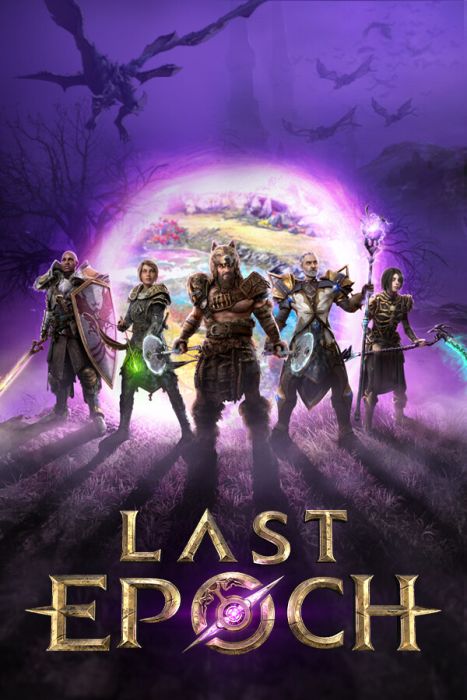

























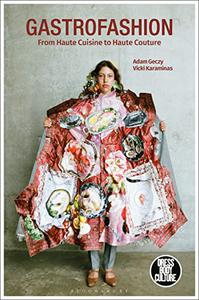

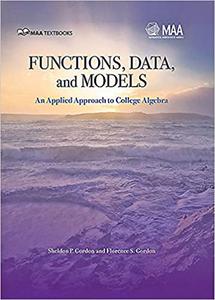


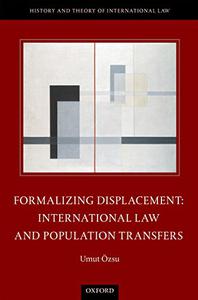
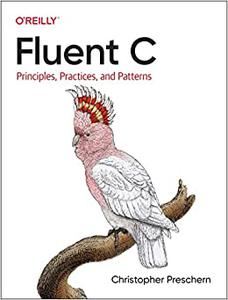









![David Gilmour - Luck and Strange (2024) [FLAC]](https://i.imgur.com/everaBc.jpeg)
![Męskie Granie Orkiestra - Męskie Granie 2024 (2024) [FLAC]](https://i.imgur.com/FAyOxrM.jpeg)
![The Rolling Stones - Hackney Diamonds (2023) [FLAC]](https://i.imgur.com/wCkyyUN.jpg)
![Lady Gaga - Harlequin (2024) [FLAC]](https://i.imgur.com/dcgIA8D.jpeg)
![Natalia Kukulska - Dobrostan (2024) [FLAC]](https://i.imgur.com/bdljG3O.jpeg)
![Kaśka Sochacka - Ta druga (2024) [FLAC]](https://i.imgur.com/hORQKvn.jpeg)
![Kuba Sienkiewicz - Pani Bóg (2024) [FLAC]](https://i.imgur.com/qijCx8Z.jpeg)
![Lanberry - Heca (2024) [FLAC]](https://i.imgur.com/8P7QfeR.jpeg)
![Sara James - PLAYHOUSE (2024) [FLAC]](https://i.imgur.com/m4f8OKg.jpeg)
![Grzegorz Hyży - EPILOG (2024) [FLAC]](https://i.imgur.com/8DA2sBr.jpeg)
![Myslovitz - WIECZORAMI CHŁOPCY WYCHODZĄ NA ULICE (2024) [FLAC]](https://i.imgur.com/l9mMtIG.jpeg)
![Krzysztof Zalewski - ZGŁOWY (2024) [FLAC]](https://i.imgur.com/vh48RAc.jpeg)
![Krzysztof Cugowski - Wiek to tylko liczba (2024) [FLAC]](https://i.imgur.com/SBzgqe2.jpeg)
![Nosowska - Kasia i Błażej (2024) [FLAC]](https://i.imgur.com/mObvVXQ.jpeg)
![sanah - Pianinkowe Kaprysy (2024) [FLAC]](https://i.imgur.com/pVjjPAa.jpeg)
![Kwiat Jabłoni - Pokaz slajdów (2023) [FLAC]](https://i.imgur.com/diERHfZ.jpg)
![Robert Cichy - Spacer po Warszawie (2024) [FLAC]](https://i.imgur.com/ixleU9o.jpeg)
![Viki Gabor - Terminal 3 (2024) [FLAC]](https://i.imgur.com/Q1KCnDs.jpeg)
![Sanah - Kaprysy (2024) [FLAC]](https://i.imgur.com/71OZm4h.jpeg)
![Męskie Granie Orkiestra - Męskie Granie 2023 (2023) [FLAC]](https://i.imgur.com/U4YHo8d.jpg)




